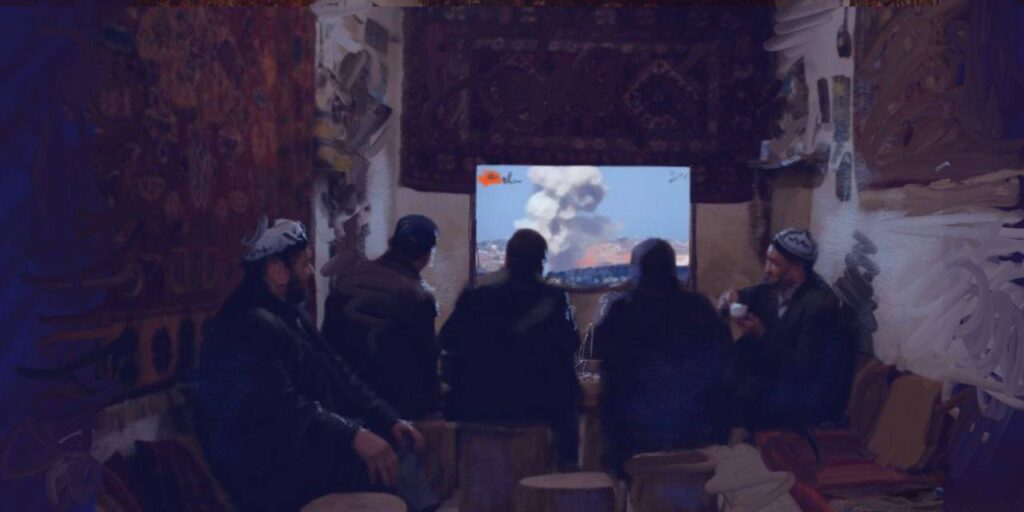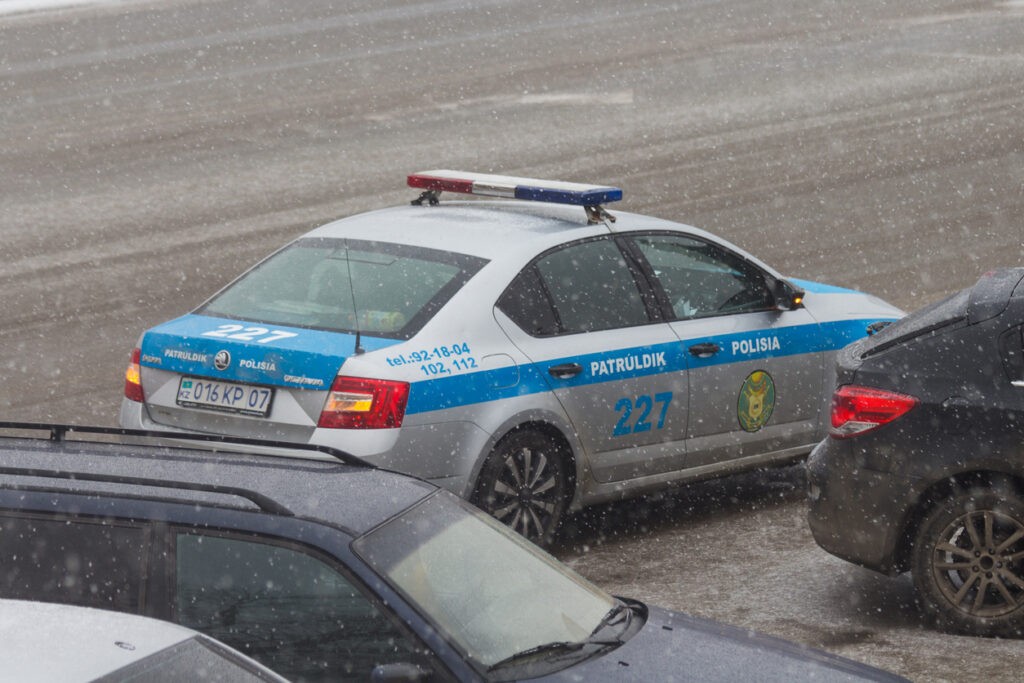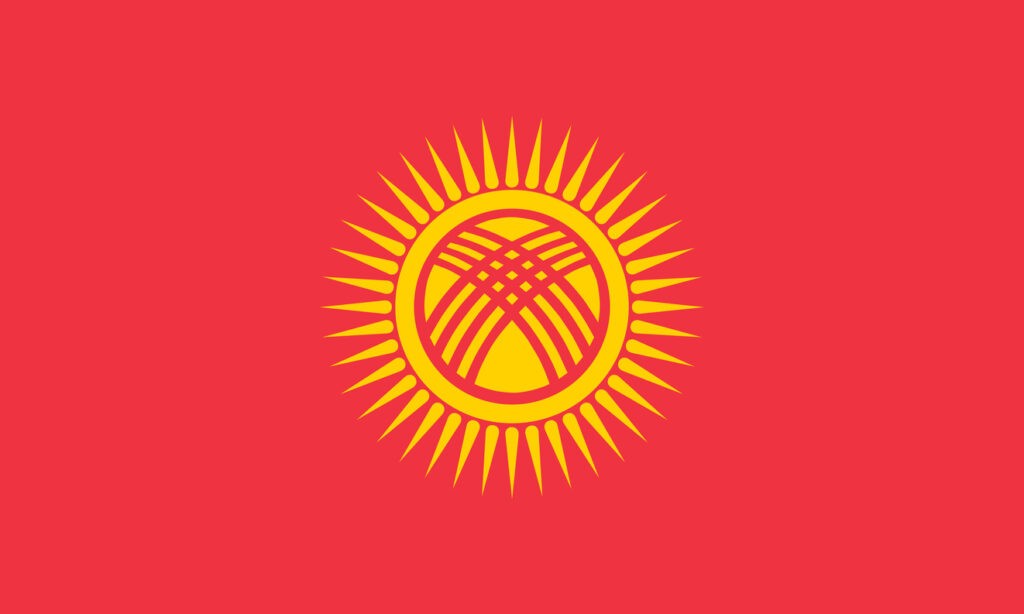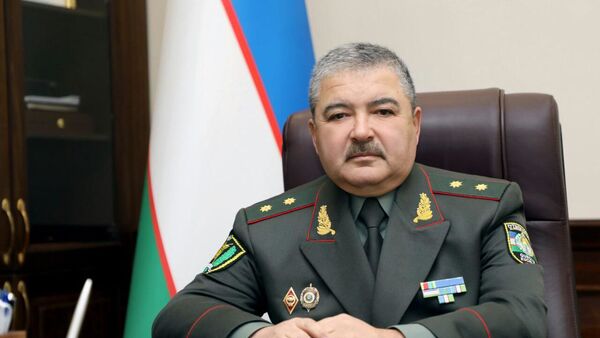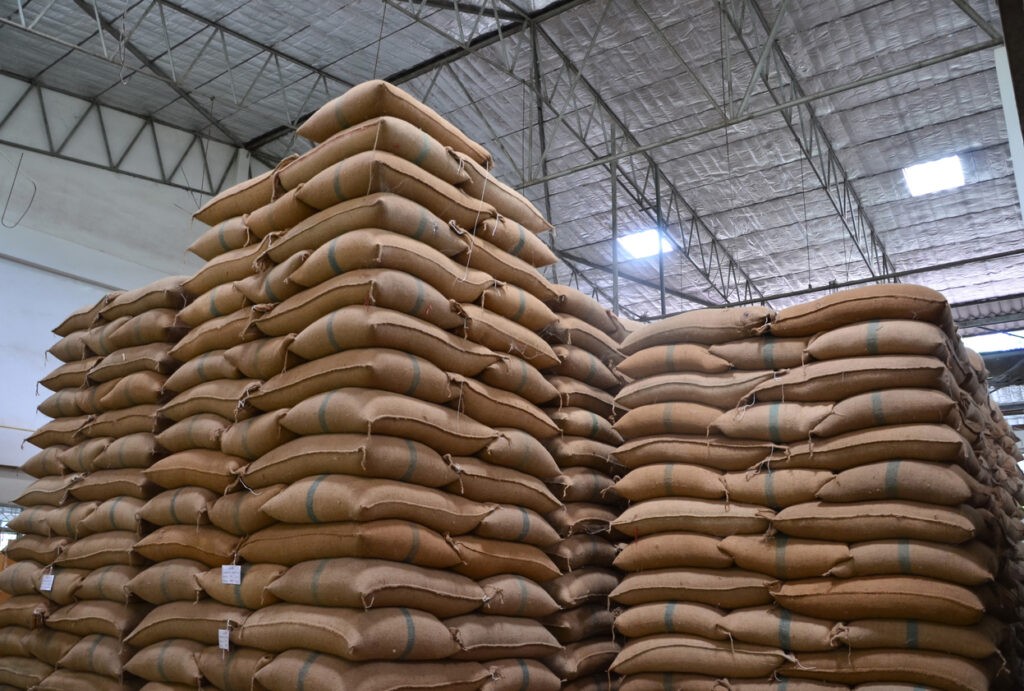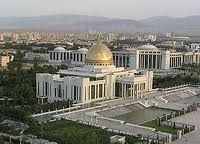TASHKENT (TCA) — Observers currently speculate to what extent the new Uzbekistan president will go with his reforms, and whether he will be able to succeed with these reforms should they will not prove to be cosmetic. We are republishing this article on the issue by Paul Goble, originally published by The Jamestown Foundation’s Eurasia Daily Monitor:
Since becoming president of Uzbekistan in September 2016, following the death of longtime authoritarian leader Islam Karimov, Shavkat Mirziyoyev has taken steps to dramatically improve relations with his country’s neighbors and to eliminate some of the most noxious and repressive policies of his predecessor at home (see EDM, January 17, 19, February 8). Some of his critics say these changes are only cosmetic and that the Tashkent regime remains as repressive as ever, albeit with “a human face.” But others suggest that Mirziyoyev is “an Uzbek Gorbachev” (see below) and are now speculating about his intentions and about whether he will succeed—or be allowed to by powerful domestic and foreign sources, including his own bureaucracy at home and an increasingly nervous Moscow abroad.
Fears about where Mirziyoyev is heading and what his actions portend—not only for Uzbekistan but also for the Russian Federation and even the United States—have intensified in the last two months. A few weeks ago, the Uzbekistani president sacked the longtime head of the country’s National Security Service, Rustam Inoyatov, who generally was referred to as “the gray cardinal” of Tashkent. Furthermore, the new president began a purge of that organization’s officials and imposed far tighter restrictions on its activities, including its role in supervising the republic’s Muslim Spiritual Directorate (MSD) and individual mosques (see EDM, February 8). These activities won cautious praise from international human rights groups like Amnesty International and Human Rights Watch. But it has also sparked concerns that Tashkent may be losing control over its overwhelmingly Islamic population and that this could lead to an Islamist challenge to Mirziyoyev’s regime and to the spread of terrorism elsewhere (Novaya Gazeta, February 23).
Such concerns have intensified recently following Mirziyoyev’s announcement that he was taking 18,000 Uzbeks off “the black list” the Uzbekistani government had maintained for those it suspected of extremist views and had the National Security Service closely monitor. They will now be able to function without such supervision. And if they want, these individuals could even travel to the Russian Federation as guest workers. That action, coming on top of the Uzbekistani president’s moves against the security services, has led to fears in Moscow that any of these people suddenly reclassified as no longer extremist could end up launching terrorist attacks against Russia. Similarly, some authorities in Washington fear that this curtailment of domestic surveillance by Mirziyoyev’s security apparatus could end up increasing the international terrorist threat posed by Uzbeks (Fergananews.com, February 19, 2018; Versia.ru, February 25, 2018; Ridus.ru, November 29, 2017).
President Mirziyoyev’s moves in this regard are overwhelmingly supported by the religious population of his country: nearly 90 percent told the Izhtimoiy Fikr sociological center that they approved of his religious policies (Fergananews.com, February 20, 2018). And yet, a small minority has expressed concern that his reforms could threaten the civil and secular nature of the state and lead to the imposition of radical Islamist rule.
So what explains Mirziyoyev’s policy agenda, and how seriously should others really view his efforts at liberalization? In a recent interview in Novaya Gazeta, Vitaly Volkov, a Moscow specialist on Central Asia, argued that the Uzbekistani president has been forced to move against the security agencies and to try to develop support in the population so that he can take full control over the Uzbekistani state apparatus. According to Volkov, Mirziyoyev currently lacks such control. But once Mirziyoyev is able to secure it, the Moscow expert suggests, Uzbekistan’s president will likely proceed to form a regime almost as authoritarian as Karimov’s. In that event, today’s “new Uzbek freedom may turn out to be only a cosmetic measure.” And yet, Volkov said he is cautiously optimistic that Mirziyoyev will in fact press on with reforms and thus transform Uzbekistan into a freer and more democratic republic open to the world (Novaya Gazeta, February 23).
What is worrisome both to domestic conservatives and to Uzbekistan’s neighbors and powers further afield is that Mirziyoyev may, like late Soviet leader Mikhail Gorbachev before him, lose control of the situation. After all, they certainly recall Alexis de Tocqueville’s oft-cited observation that “the most dangerous moment for a bad government is when it begins to reform”. Most of the Uzbekistani bureaucracy still consists of holdovers from the Karimov regime who can be counted on to subvert in various ways Mirziyoyev’s new policies. And most of the country’s neighbors, while welcoming a friendlier Uzbekistan, are likely to grow increasingly nervous about any moves toward genuine democracy given that, except for Kyrgyzstan, all of them are ruled by authoritarian and often brittle regimes.
Further afield, the Russian government seems frightened by the prospect that Uzbekistan’s latest moves to loosen domestic monitoring and surveillance will allow more potential terrorists to come to Russia under the guise of migrant workers. Currently, more than three million Uzbeks reside inside the borders of Russia, according to independent experts, although Moscow officials say there are fewer than two million (Versia.ru, February 25). But regardless of which number is correct, this is a large sea in which terrorists can swim.
In the past, although Russia seldom acknowledged it, Uzbekistani immigrants did not arrive as radicals, because inside their country the Karimov regime blocked them from having access to Islamist messages. Now, however, that may be changing; and if it is, the number of Uzbek Islamists in Russia is likely to go up significantly—and the number of terrorist attacks could as well, the fear goes (Ridus.ru, February 29, 2017).
The Kremlin cannot be pleased about that prospect; and it will likely press Mirziyoyev to change course, especially given that Western powers like the United States share these fears. History notably shows that Uzbekistanis who go to Russia later travel on to other countries. If Mirziyoyev does not change course, it is at least possible that Moscow may collude with conservatives in Tashkent to achieve its own version of regime change.

